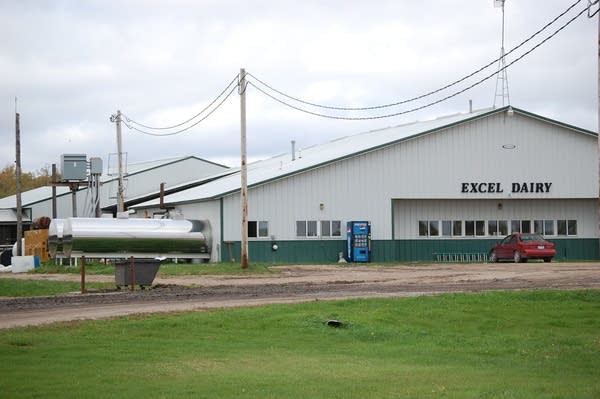MN lawmakers pull the plug on pollution-fighting citizens' panel

The Minnesota Pollution Control Agency's Citizens' Board has weighed in on many agriculture decisions over the years, including the Excel Dairy case, in which the board denied to reissue the Thief River Falls dairy a permit after it was declared a public health nuisance.
Tom Robertson | MPR News 2008
Go Deeper.
Create an account or log in to save stories.
Like this?
Thanks for liking this story! We have added it to a list of your favorite stories.


